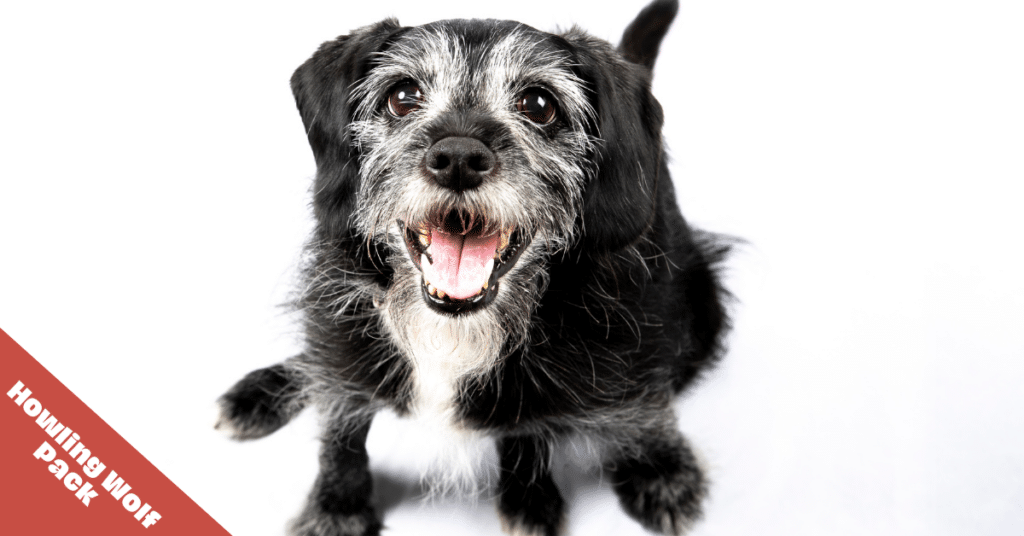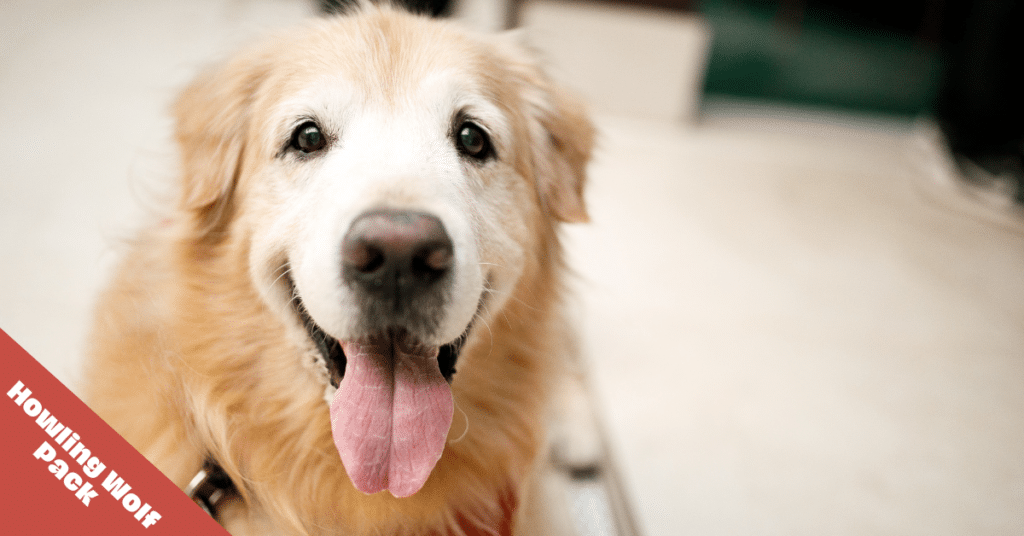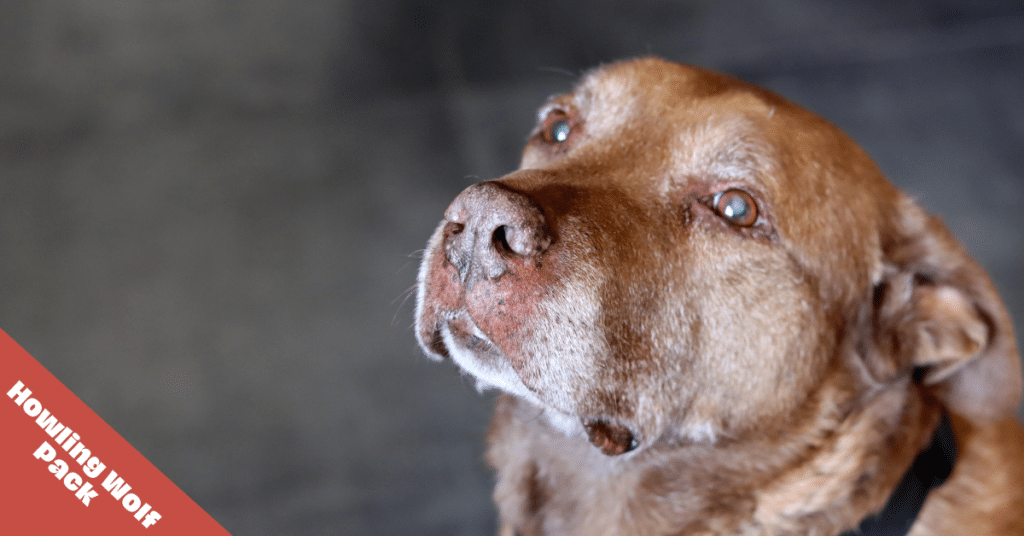As the number of US households with a senior dog is now estimated to be about 52%, many of us dog parents are looking for new ways to keep our aging dogs happy and healthy. Just like humans, dogs can experience changes as they age which may make their favorite activities a little harder to do.
But don’t worry! With a little extra care, you can help your senior pet make their golden years truly golden. Studies have found that the impacts of aging on dogs can be mitigated with the right steps so keep reading to find out how.
1. Exercise Tips for Senior Dogs
Many older dogs have a decreased capacity to exercise due to cardiovascular changes as they age. Simply put, their hearts can’t work quite as hard as before!
That doesn’t mean older dogs no longer benefit from exercise, though. Exercise is still important for their physical and mental health.
Senior Dog Exercise Ideas
Switching to some gentle exercise options is a great way to keep a senior pets’ joints moving without putting too much pressure on their vital organs. Some lower-impact exercise ideas include:
- Shorter walks: Keeping an eye on your dog’s stamina can help you keep them safe while walking.
- Swimming: This activity is especially helpful if your dog is developing joint problems.
- Indoor activities: During extreme weather conditions, keep your pup out of the blazing sun and freezing cold by exercising inside. If you do have to go outside in cold temperatures, be sure to protect your dog from the cold.
Before switching up your dog’s exercise routine, it’s always best to speak with your vet so they can tailor your dog’s exercise to their abilities.

Mental Stimulation for Senior Dogs
The best type of mental stimulation for senior dogs includes activities that challenge their mind without putting too much strain on their body. These include:
- Puzzle toys: These toys come in many different levels. Choose the best option for your dog.
- Training sessions: Older dogs can absolutely learn new tricks! Even if your dog is already well-trained, training new tricks can help keep them on their toes.
- Hide-and-seek: If your dog knows the “stay” command, try putting them in the staying position and running off to hide before yelling “come.”
- Scent training: Scent-focused dogs may have fun with basic scent work, like guessing what upside-down cup is covering a treat. Some puzzle toys use your dog’s sense of smell, too.
These activities are mentally stimulating and fun for your pup, but they don’t require much physical toil. Don’t stress over fetch when there are plenty of chill games to keep your pup’s tail wagging!

2. Healthy Diet Tips for Older Dogs
Older dogs have different dietary needs than younger dogs. Generally, pups need fewer calories and more protein as they age.
A two-decade-long study found that dogs who were on a calorie-restricted diet lived around 2 years longer than those who weren’t so keeping an eye on your older dog’s food intake is important to ensure they stay in a healthy weight range as they age.
Switching your dog to senior dog food is an easy change that can make a big impact. Though it’s not always necessary, asking your vet for a nutritional assessment can help you decide if switching is a good idea for your pup.
3. Senior Dog Care
Just like a car needs regular maintenance to keep it running smoothly, your dog needs regular check-ups to stay healthy and happy, too!
Check-ups help your dog’s health in many ways, including:
- Catching diseases early, when treatment is easier
- Discussing changes in your dog’s behaviors
- Keeping them up-to-date on their vaccinations
- Addressing your dog’s specific aging problems
Most adult dogs require an annual checkup. Some vets may recommend a bi-annual checkup as your dog ages, though. It’s just a way to stay extra safe as your dog enjoys their golden years!
4. Best Bedding for Senior Dogs
When choosing the best bedding for your senior dog, here’s what to look for:
- Size matters: Make sure the bed is big enough for your dog to stretch out on (and warm enough if your older dog likes to stay cozy!).
- Material matters: Look for supporting materials like memory foam.
- Preferences: Orthopedic cushions can be great for dogs who like to have a pillow. But if your dog likes to spread out while they snore, it’s probably best to buy a pillow bed!
Consider a waterproof bed, too. Our senior and geriatric dogs can get a bit more accident-prone as they age.
Just like most humans, dogs will tend to spend more time resting as they get older. A good night’s sleep is essential for your dog’s well-being, and a quality bed can even prevent things like joint pain.

Final Thoughts
As your dog ages, they may need more attention and care than ever before. But remember, the greatest gift pet parents can give their aging dog is their love and companionship!
Spending quality time with them, playing with them, and making them feel loved are three of the most important things you can do for dogs in their golden years.
FAQ
When is a dog considered a senior?
In general, small dog breeds like Chihuahuas and French Bulldogs are considered seniors around 11-12 years of age. Medium-sized breeds, such as Cocker Spaniels and Australian Cattle Dogs, are typically seniors by age 10. Larger breeds, including Labradors and Golden Retrievers, are regarded as seniors at around 8 years old, while giant breeds like St. Bernards and Bernese Mountain Dogs are classified as seniors by age 7.
Are senior dogs hard to take care of?
Senior pets are not hard to take care of. As dogs age, they may need additional attention due to common age-related conditions like kidney disease, dental disease, and canine cognitive dysfunction. However, with small adjustments to their daily routine and regular veterinary care, looking after an older dog is manageable and can be incredibly rewarding.
Do all senior dogs need a senior diet?
Not all dogs will need to switch to senior dog foods. If your senior dog’s diet is already healthy and well-balanced and they’re maintaining a good quality of life, then there’s no need to change their diet.
